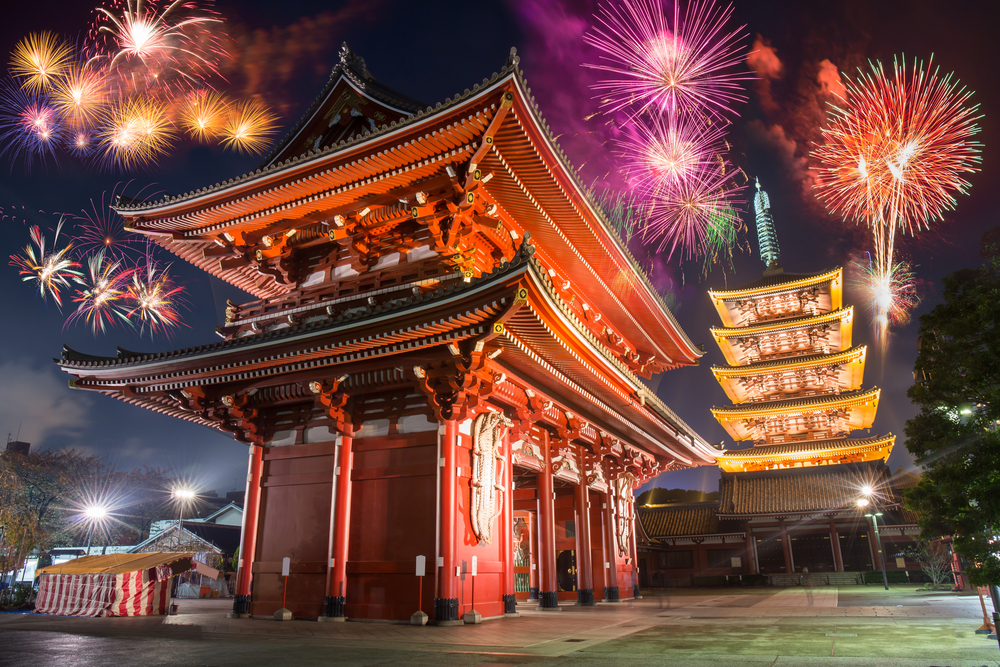
As the holiday season approaches, many people around the world prepare to celebrate Christmas, one of the most widely observed holidays. However, there are numerous other significant religious holidays that take place during this time, each with its own unique traditions and customs. In this article, we will delve into seven religious holidays beyond Christmas, exploring their history, significance, and practices.
1. Hanukkah: The Festival of Lights

Hanukkah is an eight-day Jewish holiday that commemorates the rededication of the Temple in Jerusalem during the Maccabean Revolt in the 2nd century BCE. The festival is also known as the Festival of Lights, as it celebrates the miracle of the oil that burned for eight days in the rededicated Temple. During Hanukkah, Jews light the menorah, a special candelabrum with nine branches, and exchange gifts with family and friends.
2. Kwanzaa: A Celebration of African Heritage

Kwanzaa is a week-long celebration honoring African American culture and heritage, observed from December 26 to January 1. Created in 1966 by Maulana Karenga, Kwanzaa is based on traditional African harvest festivals and emphasizes seven principles known as the Nguzo Saba. During Kwanzaa, families gather to light the kinara, a seven-branched candleholder, and engage in various activities, such as singing, dancing, and feasting.
3. Yule: A Pagan Winter Solstice Celebration

Yule, also known as Winter Solstice, is a significant holiday in many pagan traditions. Celebrated on December 21 or 22, Yule marks the longest night of the year and the beginning of the sun's journey back towards the equator. Pagans observe Yule by lighting fires, decorating trees, and engaging in rituals to ensure the return of the sun and the coming of longer days.
4. Omisoka: A Japanese New Year's Eve Celebration

Omisoka is the Japanese New Year's Eve celebration, observed on December 31. This holiday marks the end of the old year and the beginning of the new one, and is typically celebrated with visits to shrines and temples, family gatherings, and traditional foods such as toshikoshi soba noodles. At midnight, many Japanese people visit shrines and temples to ring the temple bells, believed to purify the mind and bring good luck.
5. Bodhi Day: A Buddhist Celebration of Enlightenment

Bodhi Day is a Buddhist holiday that commemorates the enlightenment of Siddhartha Gautama, the founder of Buddhism. Celebrated on December 8, Bodhi Day marks the day when Siddhartha achieved enlightenment under the Bodhi tree. Buddhists observe this holiday by meditating, chanting, and engaging in other spiritual practices to cultivate mindfulness and wisdom.
6. Las Posadas: A Mexican Christmas Celebration

Las Posadas is a nine-day Mexican Christmas celebration that begins on December 16 and ends on Christmas Eve. This holiday commemorates the journey of Mary and Joseph as they searched for shelter in Bethlehem. During Las Posadas, families reenact the journey, going from house to house, asking for shelter and singing traditional Christmas carols.
7. Yalda: A Persian Winter Solstice Celebration

Yalda is a Persian winter solstice celebration observed on December 21 or 22. This holiday marks the victory of the sun over darkness and is celebrated with family gatherings, traditional foods, and reading poetry. During Yalda, families gather around the table, share stories, and enjoy traditional foods such as pomegranates and watermelon.
Gallery of Winter Holiday Celebrations




What is the significance of Hanukkah?
+Hanukkah commemorates the rededication of the Temple in Jerusalem during the Maccabean Revolt in the 2nd century BCE. It is a celebration of faith, perseverance, and the miracle of the oil that burned for eight days in the rededicated Temple.
How is Kwanzaa celebrated?
+Kwanzaa is celebrated by lighting the kinara, a seven-branched candleholder, and engaging in various activities, such as singing, dancing, and feasting. Families also exchange gifts and focus on the seven principles of the Nguzo Saba.
What is the significance of Yule?
+Yule, also known as Winter Solstice, marks the longest night of the year and the beginning of the sun's journey back towards the equator. It is a significant holiday in many pagan traditions, symbolizing the return of the sun and the coming of longer days.